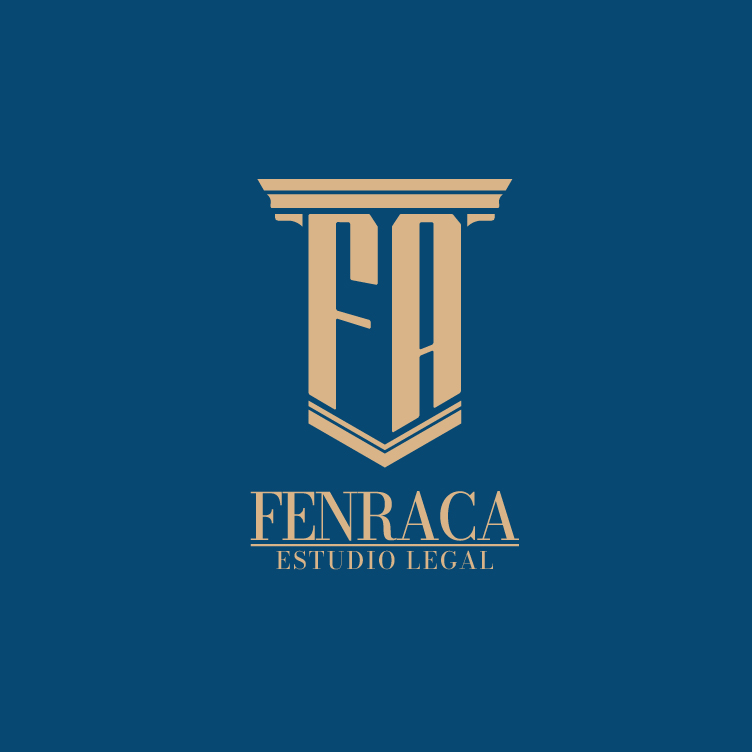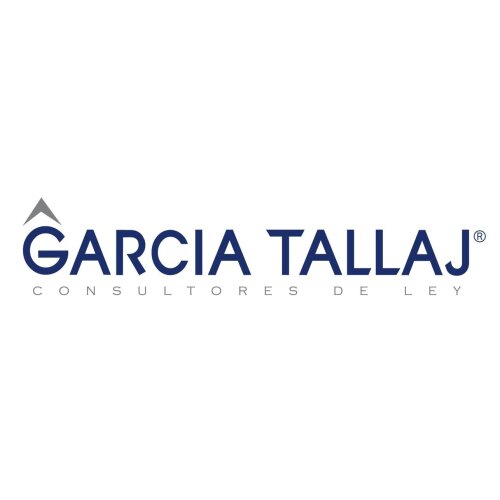Best Inheritance Law Lawyers in Dominican Republic
Share your needs with us, get contacted by law firms.
Free. Takes 2 min.
Or refine your search by selecting a city:
List of the best lawyers in Dominican Republic
About Inheritance Law in the Dominican Republic
Inheritance law in the Dominican Republic is primarily governed by the Código Civil. It sets rules for wills, intestate succession, the legítima, and how estates are distributed among heirs. The doctrine distinguishes between heirs forzados (forced heirs) and other potential beneficiaries, affecting disinheritance and protection of a family’s share.
The law recognizes different forms of testamentarity, including testamentos abiertos, testamentos cerrados and testamentos ológrafos, with notaries playing a key role in authenticating documents. Understanding these categories helps determine how a will is executed and proven in court. In practice, many cases involve both a will and a court-supervised probate process to settle debts and transfer property.
According to official Dominican sources, succession matters are regulated by the Civil Code and involve legitimate heirs, wills, and the equitable distribution of assets. See official justice and judiciary references for more details.
Why You May Need a Lawyer
Complex inheritance scenarios in the Dominican Republic often require skilled legal guidance to avoid delays and disputes. A local abogado can help you navigate procedural requirements and ensure compliance with Dominican law. Below are concrete situations where legal counsel is typically essential.
- You inherit without a will and must proceed with intestate succession, determine rightful heirs, and value assets. A lawyer helps identify legitimate heirs and prepare necessary court filings.
- There are multiple heirs with conflicting claims over real estate or shares in a family business. Legal counsel can mediate disputes, file petitions, and represent you in court.
- A will exists but may be contested by other relatives or creditors. An attorney assesses validity, challenges, and probate strategy to protect your interests.
- Real estate is located in the Dominican Republic but owned by a foreign decedent and requires local title transfers and registry updates. An abogado coordinates with notaries and the registry to avoid title defects.
- Estate debts and creditors threaten asset distribution and you need a plan to satisfy obligations while preserving your share. A lawyer explains debt settlement and priority rules under the Código Civil.
- Tax implications arise from an inheritance and you need guidance on possible obligations with the Dirección General de Impuestos Internos (DGII). A lawyer can structure transfers to minimize tax impact within the law.
Local Laws Overview
The Dominican Republic relies on a set of key instruments to govern inheritance matters. The primary framework is the Código Civil, which addresses legitimate heirs, testaments, and the mechanics of estate distribution. Courts interpret these provisions in light of the decedent's debts and assets.
Two other important instruments influence inheritance proceedings. The Ley de Registro Civil governs the formal registration of vital events and acts that establish heir status. Notaries, regulated by the notarial framework in place, authenticate and formalize testamentary instruments and acts of succession.
Recent reforms and practice improvements since the 2020s have aimed to streamline probate procedures and clarify the roles of heirs, creditors, and witnesses. For up-to-date guidance, consult official sources from the Dominican government and relevant judiciary portals.
Authoritative DR sources note that succession is grounded in the Civil Code, with notaries central to testament authentication and probate proceedings. See official sites for the most current procedural guidance.
Frequently Asked Questions
What exactly does inheritance law cover in the Dominican Republic and who qualifies as an heir?
Inheritance law covers wills, intestate succession, legitimate shares, and transfer of assets after death. Heirs include forced heirs and other beneficiaries as defined by the Civil Code.
How do I start a formal succession process after a relative dies in the Dominican Republic?
Begin by gathering vital documents, locating the will if any, and filing a petition with the relevant civil or family court. An abogado can guide you through filing and notification requirements.
When should I file for probate and what documents are required by Dominican courts?
File promptly after death to minimize delays. Typical documents include death certificate, will (if any), titles, birth certificates, and proof of relationship to the decedent.
Where do I file a probate petition in the Dominican Republic and which court handles it?
Probate petitions are filed in the civil or family court of the jurisdiction where the decedent resided or where the assets are located. An abogado can identify the correct court and deadlines.
Why is the legitimate heir concept important in Dominican inheritance cases?
Legítima protects a portion of the estate for forced heirs, limiting the decedent's ability to disinherit certain relatives. Courts enforce these protections during distribution.
Can a foreign national inherit property in the Dominican Republic and what are the limits?
Foreign nationals can inherit, subject to local laws and property registration rules. Some restrictions may apply to land ownership or real estate transfers for non-residents.
Should I hire a local solicitor or attorney for inheritance matters in the DR and why?
Yes. A local abogado understands DR procedural rules, notarial practices, and court expectations. They can coordinate with notaries and registry offices efficiently.
Do I need a will to direct my estate in the Dominican Republic?
No, but having a will helps control asset distribution and can reduce disputes. If you have a will, it must comply with formalities set by the Civil Code.
Is a holographic will legally recognized in the DR and what risks does it carry?
Holographic wills are recognized in some circumstances but are often challenged in court. A formal testament notarized by a notary offers stronger probative value.
How much do probate and inheritance legal services typically cost in the DR?
Costs vary by complexity, value of the estate, and attorney rates. Expect consultation fees, court filing fees, and potential success fees to be discussed upfront.
How long does a typical succession case take in the Dominican Republic?
Simple intestate matters may finish in several months; complex cases with disputes can extend to a year or more depending on court calendars and asset complexity.
Do I need to register inherited property with the notary or civil registry?
Yes. Transferring title and updating registry records require proper notarization and registration to ensure enforceable ownership.
Additional Resources
Access official government and authoritative resources to help you understand and manage inheritance matters in the Dominican Republic.
- Ministerio de Justicia - Official information on legal processes, notarial matters, and civil codes. Website: https://www.justicia.gob.do
- Poder Judicial de la República Dominicana - Court procedures, probate petitions, and access to judicial services. Website: https://www.poderjudicial.gob.do
- Dirección General de Impuestos Internos (DGII) - Tax guidance related to inheritances and donations. Website: https://www.dgii.gov.do
Next Steps
- Define your objective - Decide whether you need to validate a will, contest an estate, or transfer property. This clarifies scope and budget.
- Gather essential documents - Collect death certificate, will (if any), asset titles, and family records. Prepare copies for your abogado.
- Identify prospective inheritance lawyers - Look for DR-based abogados with experience in succession and real estate transfers. Ask about successful probate timelines.
- Verify credentials and experience - Check licenses, practice areas, and references. Confirm affiliated notaries and local court familiarity.
- Schedule an initial consultation - Discuss case strategy, expected timelines, and fee structure. Bring all documents for review.
- Request a detailed fee estimate - Obtain a written engagement letter with scope, rates, and payment milestones. Confirm potential additional costs.
- Retain counsel and set a timeline - Sign the retainer, establish milestones, and agree on a communication plan. Schedule regular updates.
Lawzana helps you find the best lawyers and law firms in Dominican Republic through a curated and pre-screened list of qualified legal professionals. Our platform offers rankings and detailed profiles of attorneys and law firms, allowing you to compare based on practice areas, including Inheritance Law, experience, and client feedback.
Each profile includes a description of the firm's areas of practice, client reviews, team members and partners, year of establishment, spoken languages, office locations, contact information, social media presence, and any published articles or resources. Most firms on our platform speak English and are experienced in both local and international legal matters.
Get a quote from top-rated law firms in Dominican Republic — quickly, securely, and without unnecessary hassle.
Disclaimer:
The information provided on this page is for general informational purposes only and does not constitute legal advice. While we strive to ensure the accuracy and relevance of the content, legal information may change over time, and interpretations of the law can vary. You should always consult with a qualified legal professional for advice specific to your situation.
We disclaim all liability for actions taken or not taken based on the content of this page. If you believe any information is incorrect or outdated, please contact us, and we will review and update it where appropriate.
Browse inheritance law law firms by city in Dominican Republic
Refine your search by selecting a city.














